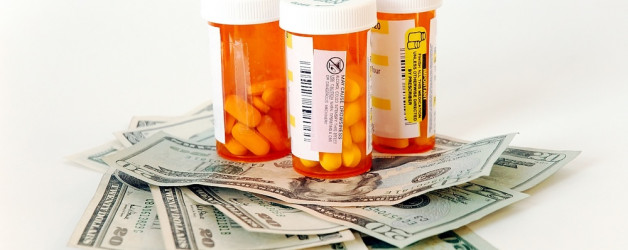 Trust and honesty are the cornerstones to a doctor-patient relationship. With so many doctors receiving financial incentives to use certain medications or medical devices, patients need to know if money drives the decision making process.
Trust and honesty are the cornerstones to a doctor-patient relationship. With so many doctors receiving financial incentives to use certain medications or medical devices, patients need to know if money drives the decision making process.
Doctors are required to disclose potential financial conflicts to each other at conferences, but there currently is no law forcing them to disclose such information to patients. Should there be requiring disclosure? The simple answer is absolutely. The reasons why doctors should disclose the financial incentives received from Big Pharma for using their products can be found in today’s headlines.
Abbott Laboratories pays millions to settle allegations of improper kickbacks
Abbott Laboratories was just one Big Pharma company recently in the spotlight for providing kickbacks to doctors. On December 27, 2013, the U.S. Department of Justice announced that Abbott agreed to pay the United States $5.48 million to settle allegations of that the company paid doctors to recommend/use its products.
The U.S. Department of Justice accused Abbott of paying leading doctors for speaking engagements and conferences as well as teaching assignments. While it can be argued that there is nothing wrong with paying doctors for their time, Abbot expected doctors would then arrange for their affiliated hospitals to purchase many their products. This practice, according to the allegations, was an improper kickback to doctors and Abbot agreed to pay $5.48 million to settle the matter.
Big Pharma’s links to doctors, medical associations, and other organizations
Abbott is not the only company to come under fire for providing financial incentives to doctors. A study published in The New England Journal of Medicine revealed that nearly all doctors had some type of relationship with a drug company or medical device manufacturer.
Most, if not all, drug makers have provided financial incentives to doctors in an effort to promote their drugs. It is well known that pharmaceutical sales representatives are paid based on the number of prescriptions doctors write. Big Pharma’s influence can be seen throughout medicine.
Organizations like the American Heart Association and the American College of Cardiology have ties to Big Pharma. Many of the experts involved in creating health and nutrition guidelines, such as recommended cholesterol levels for Americans, have ties to the industry. For example, the latest cholesterol guidelines released in November have the potential to double the number of prescriptions for statins, medications used to lower cholesterol.

